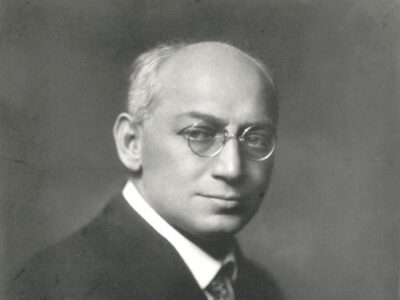Sándor Ferenczi was born on 7 July 1873 in the Hungarian town of Miskolc, not far from Budapest.
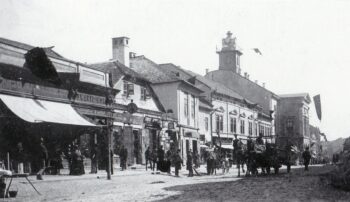
Photograph of a street view of Sándor Ferenczi’s hometown of Miskolc, Hungary, before 1900. Image Credit: Wikimedia Commons
Born Sándor Fränkel, he was the eighth of twelve children of Baruch and Roza Fränkel (née Eibenschütz), Polish Jews who had settled in Hungary.
His father had fought in the unsuccessful Hungarian Revolution of 1848 against the Austrian Empire, which controlled Hungary. He settled in Miskolc the following year.
His mother had grown up in Vienna. In 1858 she married Baruch, who by that time had become the owner of a bookshop in Miskolc, and they started a large family.
In order to assimilate, they Magyarised the family name from Fränkel to Ferenczi.
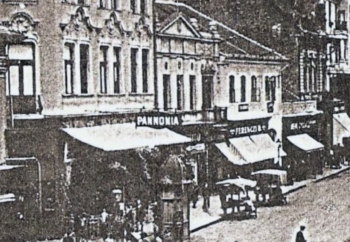
Photograph of the Ferenczi family bookshop in Miskolc, Hungary (the name ‘Ferenczi B’ is just visible above the second canopy from left).
Young Sándor spent much of his childhood in the family bookshop.
The Ferenczis lived directly above the bookshop, which included a printing press and lending library.
The bookshop was also a local hub for the cultural and intellectual life which flourished in 19th Century Hungary.
Sándor soaked up the atmosphere of the bookshop and read voraciously.
“Did I want too much attention, or was my mother too strict? As I remember it, I certainly didn’t get enough love, and did get too much severity from her as a child.”Letter from Sándor Ferenczi to Georg Groddeck, 1921
A shortage of love?
Although his upbringing was intellectually stimulating, having so many siblings made it difficult for the young Sándor to form a close emotional bond with his mother.
It has been suggested that the compassion that came to characterise his psychoanalytic approach may have its roots in longings for emotional closeness with her.
Instead, he developed a close bond with his father, who sadly died when Sándor was just fifteen.
In a 1928 essay on ‘Criminality and Psychoanalysis,’ Ferenczi describes how, as a teenager, he had “made a resolution to keep the memory of his father alive by thinking of him at least once a day until the end of his life.”
Discover more:
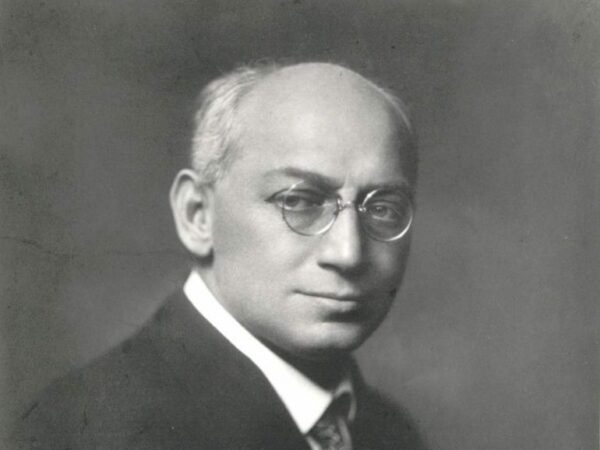
Previous chapter
Sándor Ferenczi: A Life in Psychoanalysis
Discover the life and work of one of the most innovative psychoanalysts of his generation.
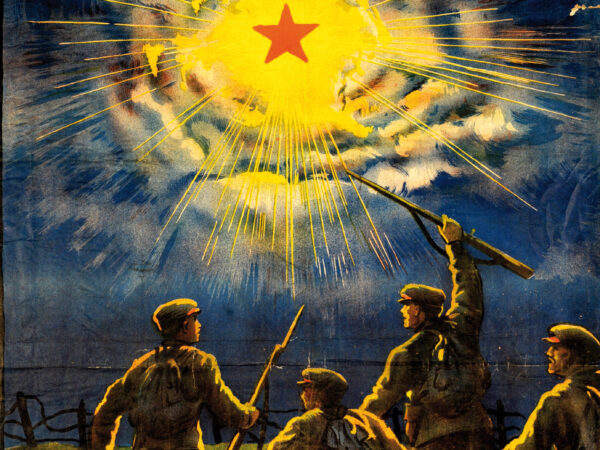
Next chapter
Sándor Ferenczi’s Life in Context
Ferenczi lived through a time of intense social and political upheaval.
